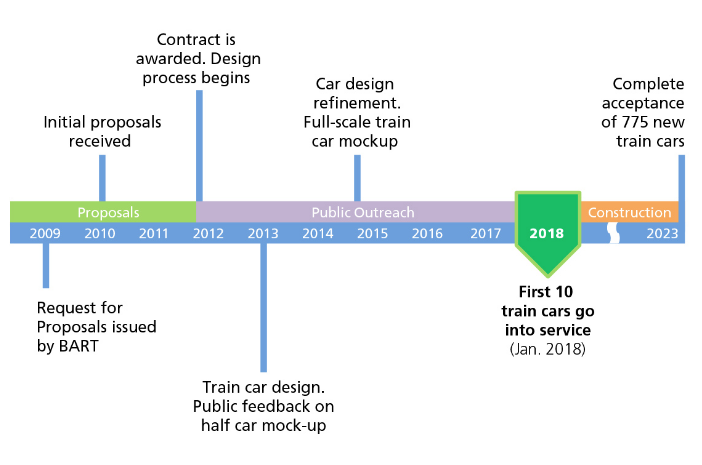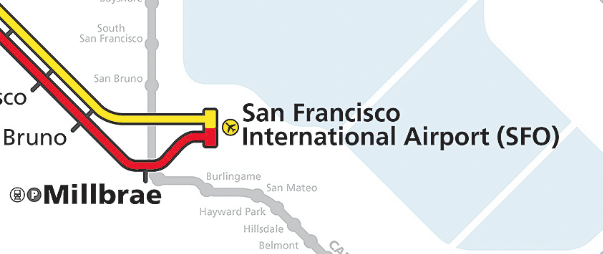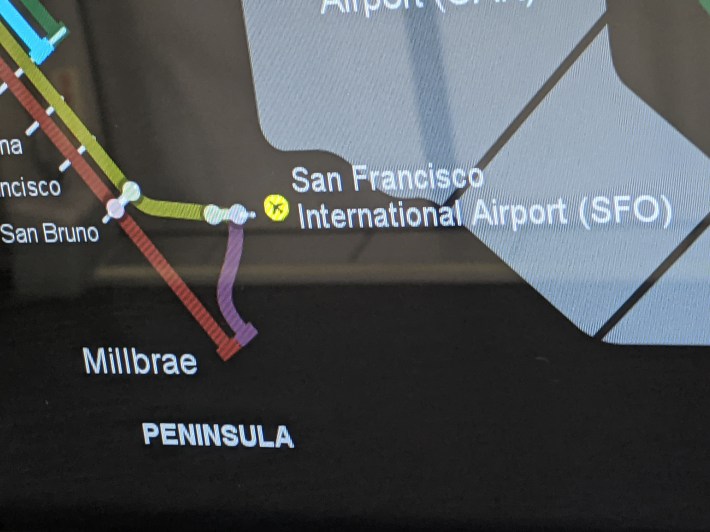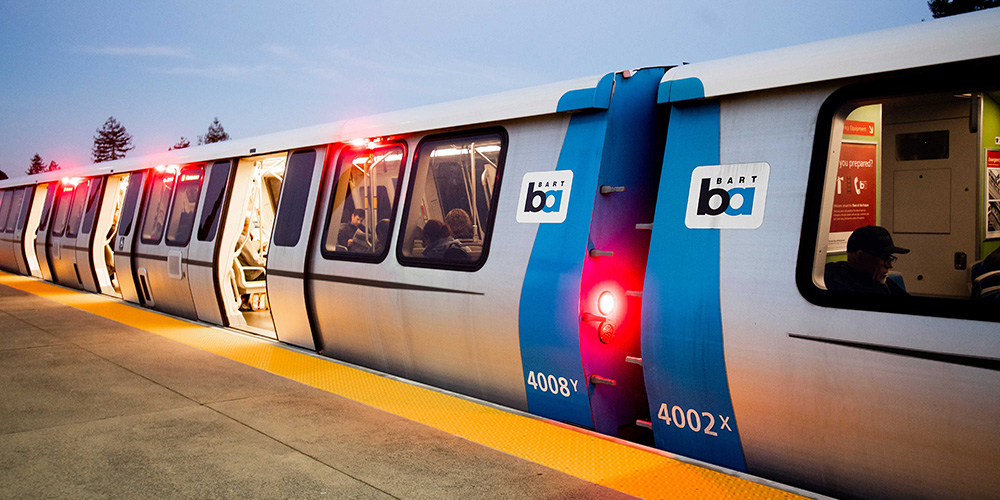Problems persist with BART's new train cars, including issues with train control systems, wheel wear, and reliability, an official told Streetsblog earlier this week. As a result of these ongoing issues, BART suspended new train car deliveries early this year.
"We now have 23 new trains in service," wrote BART's Alicia Trost, in an email to Streetsblog, adding that they have received 282 cars and certified 266 cars for service. However, "We have not yet begun accepting cars again. We are currently working with Alstom on the details and timeline of when we will begin to accept new cars. We don’t yet know the impact of the full delivery of 775 cars, but it is important that we work with the manufacturer now while we are under contract to ensure the new cars meet the required standard of reliability."

More from BART's web page on the $2.5 billion fleet replacement program:
BART stopped accepting deliveries of new cars on January 8, 2021 due to poor reliability performance and car availability issues related to wheel flats. One of the main contributors to poor reliability was the software in the on-board automatic train control system. The software was causing the new cars to routinely stop while in service, resulting in a five-to-ten-minute delay.
Automatic train control systems "fail safe" so if anything is wrong they stop the train, rather than risk endangering passengers. Meanwhile, flats occur when something is off with a train's acceleration or braking, causing uneven wear to the wheels and distortions in the wheel's shape. "The new cars have shown a tendency to develop flat spots on the wheels in rainy conditions. When this occurs, cars are removed from service to resurface the wheels, meaning fewer cars are available for passenger service," writes BART on its web page.
One side effect of these problems is directly visible to BART riders.
Streetsblog reported last week that BART adjusted service to and from San Francisco's airport to be less confusing to newbies and visitors. Millbrae-bound Richmond trains (the red line shown on the map below) are now reversing at the SFO/Millbrae wye and going directly to the terminals:

The new arrangement is welcome for its simplicity and eliminates a forced transfer, but the modified service isn't reflected on the "live," digital displays on BART's new train cars, as seen below:

Because BART hasn't accepted ownership of the trains, the digital maps remain under the control of the builder, which doesn't update the maps quickly enough to immediately reflect changes in service.
"With so many changes, it was best to have Alstom maintain control of the systems so they can make the adjustments to all the systems of the car. As long as they have control of the software, they make the updates and monitor for adjustments needed and implement them," explained Trost. Despite the delays to the maps, "...this is what is best in the long run of the car delivery project."
French train-maker Alstom acquired Bombardier, Canadian maker of BART's new trains cars, at the start of the year. For the full rundown on BART's delivery plan, check out their web page.






